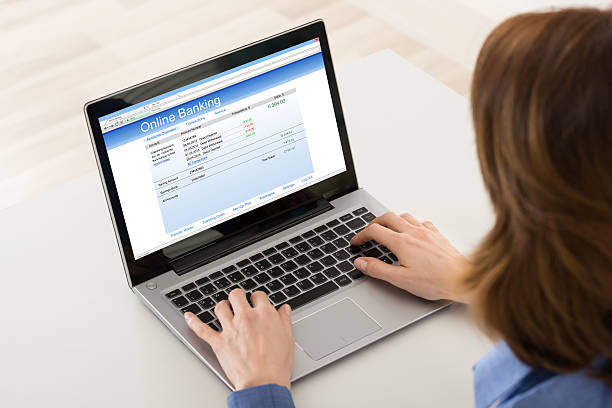In an increasingly digital world, the demand for readily available and easily accessible information has led to the creation of online databases. These databases compile routing number information from various sources, aiming to provide users with a reliable reference for confirming routing numbers for different financial institutions. While the American Bankers Association (ABA) does not offer a public database for routing number verification, several third-party websites have stepped in to fill this informational gap.
Benefits of Using Online Databases
Convenience: Online databases offer the convenience of quick access to routing number information. Users can search for routing numbers without having to contact their banks directly.
Cross-Referencing: By using multiple online databases, users can cross-reference routing number information, reducing the risk of relying on inaccurate or outdated data.
Speed: For those who need to verify a routing number promptly, online databases provide a fast solution, eliminating the need for phone calls or bank visits.
Comprehensive Listings: Some databases attempt to create comprehensive lists of routing numbers, potentially covering a wide range of financial institutions.
Limitations and Considerations
Accuracy: While online databases strive to provide accurate information, there's always a possibility of errors or outdated entries. Relying solely on online databases could lead to issues if the information isn't up to date.
Data Sources: The accuracy of online databases depends on the sources they use to gather routing number information. Be cautious of using databases that don't cite their sources or provide information from unverified contributors.
Third-Party Websites: When using online databases, choose reputable and established websites to ensure the reliability of the information you're accessing.
Bank Changes: Financial institutions can change their routing numbers due to mergers, acquisitions, or other operational reasons. This information might not be immediately updated in online databases.
Best Practices for Using Online Databases
Cross-Reference: If you're using online databases for routing number verification, cross-reference the information with other trusted sources or contact your bank directly to confirm.
Choose Reputable Sources: Opt for established and reputable online databases that are known for accurate information and transparency about their data sources.
Stay Informed: Be aware of changes in routing numbers, especially if your financial institution undergoes any structural changes.
Conclusion
While online databases can offer a convenient way to verify routing numbers, they should be used with caution and as supplementary tools rather than sole sources of information. Remember that contacting your bank directly remains one of the most reliable methods for routing number verification. By practicing due diligence, cross-referencing information, and staying informed about the accuracy of online databases, you can ensure that your financial transactions are carried out smoothly and accurately.
Frequently asked questions (FAQs) related to finding a routing number on a check and how to verify a routing number




